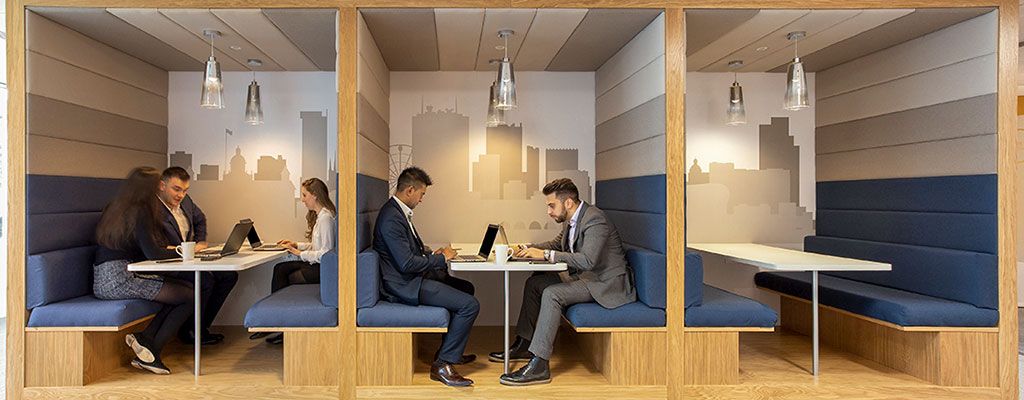
Reading time: 3 Minutes
From dog-walking to caravan rentals, a host of unexpected businesses are finding uses for latent supply through the sharing economy
The sharing economy has truly grown up in the past ten years.
The likes of Lyft and Airbnb, which started out as challenger brands disrupting their marketplaces by offering people a chance to make extra money out of their existing assets, are now on their way to making initial public offerings – if they haven’t already. Ridesharing company Lyft has been valued at $22bn through its IPO, and the business world is watching closely for others such as WeWork and Uber to see if they will do the same.
And what originally started as a trend adopted by millennials for its convenience and affordability has now become mainstream as bigger businesses have recognised the commercial opportunities in the sector. Hotel giant Marriott International is entering the home sharing market to offer customers “premium and luxury” homes to rent, while fashion retailer Urban Outfitters is launching an online subscription service where it will loan out clothes to consumers.
But while one part of this sector has matured, it shows no sign of slowing down. Data from Statista projects the total value of the global sharing economy will increase to $335bn by 2025, a huge leap from the $15bn it was worth in in 2014.
The positive and social side to the sharing economy is certainly one area that expanded over the years. Companies such as BorrowMyDoggy and Share Your Pet, which connects animal owners with local animal lovers who would like to spend time with them, have sprung up across the world. As have companies that aim to make people’s holiday or travel experiences easier while benefiting everyone involved. One example is Camptoo, a company that matches owners of campers, caravans and motorhomes with people who want to rent them short-term. Another is flightsharing platform Wingly, which lets recreational pilots offer local trips to people in exchange for sharing the cost of the flight’s operational expenses.
One part of the sharing economy that has grown from strength to strength is the use of co-working spaces and flexible offices, which goes hand in hand with the growth of flexible working. Organisations dedicated to new ways of working are making efforts to disrupt traditional industries in much the same way that Uber and Airbnb are. IWG CEO Mark Dixon says: “In ten years’ time [flexible working] will be the norm, not the exception. People will say, ‘What, you travel all the way to work? In London? Every day? That’s something unusual.’”
At companies like O2, which allows flexible and remote working, the practice is considered crucial for finding and keeping the best employees. Ann Pickering, human resources director at the company, told the Financial Times: “To achieve a motivated and responsible workforce, you need to embed flexible working into the culture of an organisation.”
Allowing people to work the hours that better fit their lives has been found to have a positive impact on their productivity and their wellbeing. Research from the AAT.
recently found that people who are offered flexible working, which includes working from home, flexitime and job sharing, are happier, less stressed and more productive than people who do not have flexible working options. And, they have a better work-life balance.
Kirstin Furber, former chief people officer at Clearscore, says that having flexibility in a workplace means that people can be supported, and it allows them to work when they are at their best. But it doesn’t come without its challenges: “For an organisation to have flexibility there are other components that need to be place for it to work,” she told Regus. “For example, there is a big reliance on trust that work will get done, a focus on outcomes versus presenteeism, and clear goals that individuals jointly set to achieve the overall company goal.
“Without these in place, flexibility can be more of a challenge rather than a positive.”
That said, companies are increasingly understanding the overall benefits of allowing their staff to work flexibly. Furber believes that as technology becomes more advanced and reliable for people who work remotely, real estate continues to be a big cost, and the shared economy grows, flexible working will become more bespoke.
“Organisations will need to offer many different forms of flexibility to attract talent, with a culture that supports more flexibility to allow individuals to do their best work – driving company results and growing our economy,” she said.
Not only is the flexible, sharing economy growing up, but it’s changing how we live and work for good.
Discover how Regus could help your business grow


